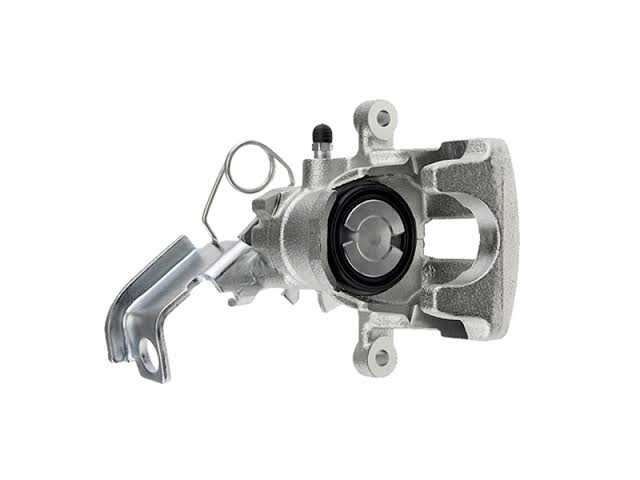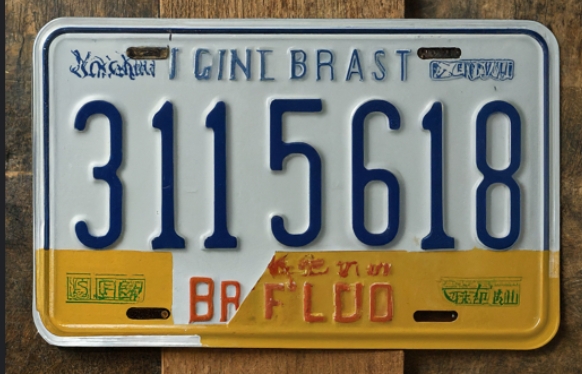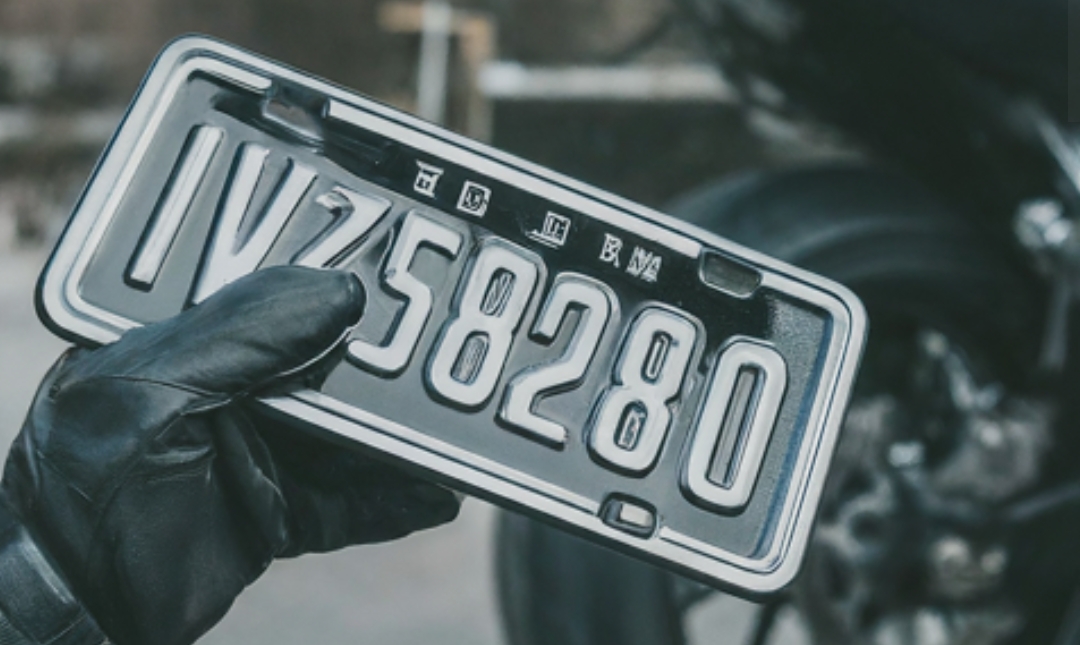Keeping Your Honda Accord 2008 Safe: Exploring Brake Calipers
In the realm of automotive safety, few components are as crucial as the brake system, and at the heart of this system lies the brake caliper. For owners of the Honda Accord 2008, understanding the role of the brake caliper is essential for maintaining optimal braking performance and safety on the road. In this blog, we’ll delve into the significance of brake calipers, their function within the braking system of the Honda Accord 2008, signs of trouble, maintenance tips, and more.
The Role of Brake Calipers
Brake calipers are essential components of the disc brake system, responsible for applying pressure to the brake pads, which in turn clamp onto the brake rotor to slow or stop the vehicle. When you press the brake pedal in your Honda Accord 2008, hydraulic pressure is transmitted from the master cylinder to the brake calipers, causing them to squeeze the brake pads against the rotor, creating friction and slowing down the vehicle.
Function Within the Honda Accord 2008
In the Honda Accord 2008, as with most modern vehicles, the brake calipers play a critical role in the braking system’s operation. The calipers are mounted on each wheel and house the brake pads and pistons. When you apply the brakes, hydraulic pressure from the master cylinder forces the pistons inside the calipers to push the brake pads against the rotor, generating friction and slowing down the vehicle.
Signs of Brake Caliper Trouble
Like any automotive component, brake calipers can experience wear and tear over time, leading to diminished braking performance and potential safety hazards. Here are some common signs of brake caliper trouble in the Honda Accord 2008:
- Uneven Brake Wear: Uneven wear on the brake pads or rotor may indicate a sticking or malfunctioning brake caliper.
- Spongy Brake Pedal: A spongy or mushy brake pedal feel may indicate air or moisture in the brake fluid, which can result from a leaking brake caliper or damaged piston seal.
- Brake Fluid Leaks: Visible brake fluid leaks around the caliper or brake hose connections can indicate a leaking caliper piston seal or damaged brake hose.
- Brake Pulling or Dragging: If your Accord pulls to one side when braking or you notice a dragging sensation, it may be due to a seized or sticking caliper.
Maintenance Tips
To ensure optimal performance and longevity of your Honda Accord 2008’s brake calipers, follow these maintenance tips:
- Regular Inspections: Periodically inspect the brake calipers, pads, and rotors for signs of wear, damage, or leaks, and address any issues promptly.
- Brake Fluid Flush: Follow the manufacturer’s recommended intervals for flushing and replacing the brake fluid to prevent contamination and maintain proper hydraulic function.
- Brake Pad Replacement: Replace the brake pads as needed to prevent excessive wear on the caliper pistons and rotor.
- Caliper Lubrication: Lubricate the caliper slides and contact points with high-temperature brake grease during brake pad replacement to ensure smooth operation and prevent sticking or binding.
Conclusion
The brake calipers in your Honda Accord 2008 are critical components of the braking system, responsible for stopping your vehicle safely and efficiently. By understanding their function, recognizing signs of trouble, and following proper maintenance practices, you can ensure reliable braking performance and safety on the road. Whether you’re commuting to work, running errands around town, or embarking on a road trip, well-maintained brake calipers are essential for keeping you and your passengers safe and secure with every stop.




Post Comment